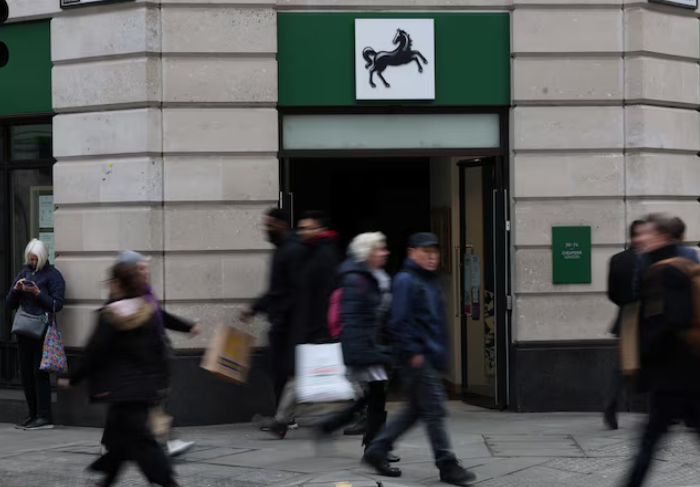
This decision quickly caused a chain reaction in the financial market, causing the stock prices of some British banks to fall.
It is reported that the case involves a series of complex issues in the field of auto finance. Reeves had previously tried to alleviate the pressure on the auto finance market through government intervention, especially for some consumers who were in repayment difficulties due to high interest rates and deteriorating loan conditions. However, the court ultimately believed that the government's application for intervention lacked sufficient legal basis and rationality, so it was rejected.
Affected by this news, the stock prices of many British financial institutions fluctuated significantly in the day's trading. Among them, the stock price of a large bank fell by more than 3%, and the stock price of another company focusing on auto finance business fell by nearly 5%. Market analysts pointed out that investors are worried about the court's ruling, believing that this may mean that the risks in the auto finance market will be further exacerbated, thereby affecting the asset quality and profitability of related banks.
The auto finance market has developed rapidly in the UK in recent years, but it has also been accompanied by many problems. With rising interest rates and slowing economic growth, more and more consumers are finding it difficult to repay their loans on time. This not only puts financial pressure on individual consumers, but also puts banks and other financial institutions at risk of increased bad debts. Reeves' application for intervention is precisely to try to stabilize the market and protect consumer rights through government power when the spontaneous market regulation fails.
However, the court's ruling shows that the judicial system is cautious about government intervention in the market. Legal experts believe that the court's ruling emphasizes the rule of law principle and the autonomous regulatory function of the market. When intervening in economic activities, the government must follow strict legal procedures and powers and cannot arbitrarily exceed the limits of the law. This ruling not only has a direct impact on the current auto finance market, but also provides an important legal reference for future government intervention in similar situations.
For the banking industry, this ruling undoubtedly increases the uncertainty it faces. Banks need to deal with risks and find solutions on their own in a more severe market environment. Analysts suggest that banks should strengthen risk management, optimize loan review processes, and explore ways to negotiate with consumers to resolve problems in order to reduce bad debt losses.
It is reasonable for investors to be cautious about bank stocks in the short term. However, in the long run, the improvement of the market's own regulatory mechanism and the improvement of banks' risk control capabilities will help restore market stability and confidence. The banking industry needs to find opportunities in challenges and adapt to the new market environment through innovation and adjustment of business models.
This ruling by the UK Supreme Court is not only a response to the current auto finance case, but also a reaffirmation of the laws of the market economy. In the future, the government, banks and consumers need to deal with various problems in the financial market more rationally under the framework of the rule of law and jointly maintain the healthy and stable development of the economy.

According to a recent report by Rich Asplund, a columnist for Barchart, the global sugar market is currently experiencing a complex and profound supply-demand game.
According to a recent report by Rich Asplund, a columnist f…
On January 13th local time, the three major US stock indice…
Recently, the 2026 edition of the MIT Technology Review lis…
On January 15, 2026, the US military announced the seizure …
At the 2026 J.P. Morgan Healthcare Conference, a joint anno…
For much of 2025, the market was rethinking whether the dol…